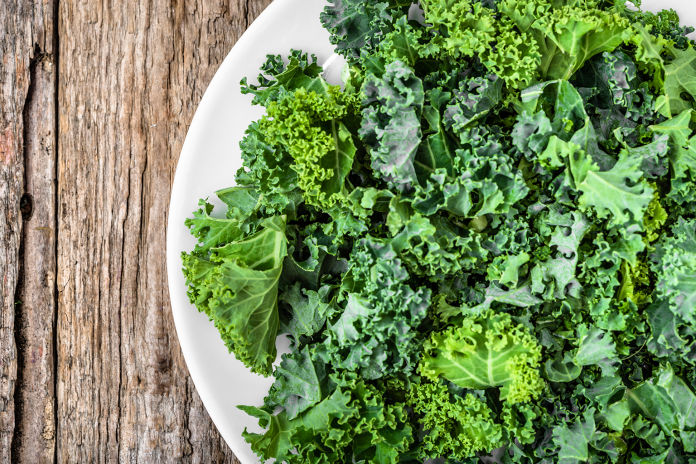With the fast-growing population of people over the age of 65, it is estimated that nearly half will suffer from dementia. Dementia is a medical condition that involves a decline in memory and other cognitive abilities. The loss of memory can impact the ability to recognize faces, recall conversations and events that have occurred, and even carry out simple tasks such as taking notes, making arrangements, or administering medications properly.
Here are five foods to help manage dementia:
1. Tea
It has several cognitive benefits. It acts as a protective agent that can help protect the brain from free radicals, which may be the most significant contributing factor to age-related dementia. Black tea is also rich in antioxidants, compounds that help the body fight free radicals. Free radicals can cause damage to brain cells and contribute to cognitive decline and dementia.
2 . Kale
It is a highly nutritious vegetable available in various forms, including fresh, frozen, and dried. It contains a class of antioxidants called lutein and zeaxanthin, nearly identical to the antioxidant compounds found in eggs, also known for their brain-boosting properties. It suggests that eating kale regularly can help preserve cognitive abilities and stave off age-related memory loss.
3. Salmon
Salmon is one of the richest sources of omega-3 fatty acids, which help control the body’s inflammatory response. Inflammation is one of the significant contributors to many types of chronic diseases and acts as a primary player in Alzheimer’s disease and dementia. It is also known to increase blood flow to the brain and has been shown through numerous studies to keep the mind sharp, improve cognitive performance and stave off memory loss.
4. Blueberries
They are a delicious way to get antioxidants into your diet, which have been found to fight the development of Alzheimer’s disease. Antioxidants help your body fight the damaging effects of free radicals by neutralizing their toxins before they can cause too much cellular damage. The flavonoids in blueberries are powerful antioxidants that also have anti-inflammatory properties, which may help reduce plaque buildup in the brain that leads to Alzheimer’s disease and other forms of dementia.
5. Nuts
Nuts are a natural source of vitamin E, which helps to reduce the risk of Alzheimer’s disease and other forms of dementia. Vitamin E is a powerful antioxidant found to protect the brain from free radical damage. It has also been shown to reduce oxidative stress and homocysteine levels, increasing your risk of developing neurodegenerative conditions such as Alzheimer’s.
As the population of the older age group continues to increase, the number of people who have Alzheimer’s and other forms of dementia will continue to grow as well. The great news is that one can employ many tactics to help stave off this potentially devastating condition. For many people, there are preventive measures that one can include in one’s daily routine to prevent these conditions, such as eating a healthy diet and avoiding alcohol or cigarettes as much as possible. Many drugs now have cognitive benefits, including those that one can take orally every day or a few times a week. Others taking prescription medications daily may have to be adjusted for their effect to have the best possible outcomes.


